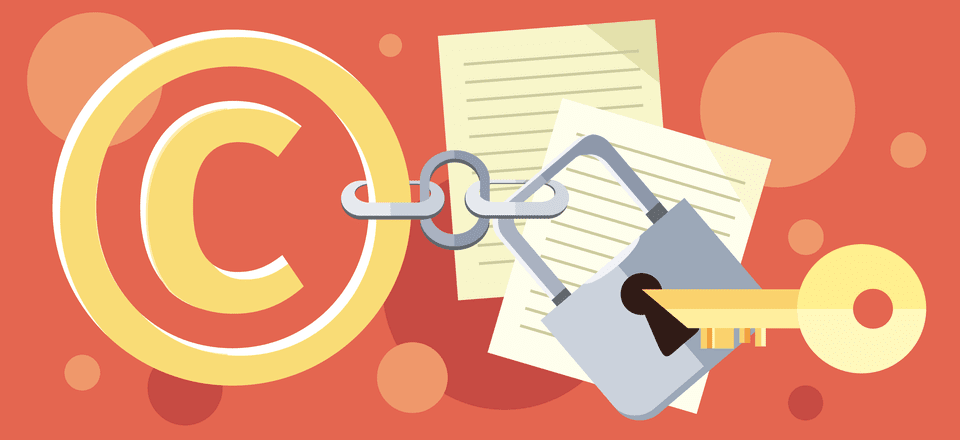Welcome to the Library Guide to Copyright!
This guide contains further details for faculty and staff in understanding copyright and how to use copyrighted materials for classes. Read more on important definitions and guidelines for public domain, fair use, images/videos, OER and more.
Disclaimer: This guide is intended for informational purposes only. Library staff members cannot give legal advice. For legal advice, our users must contact an intellectual property attorney.
We continue to update the FAQ based on questions received from Calvin faculty. While we cannot guarantee access to every specific resource that you request, we are committed to helping you explore your options, both as creators and users of information, within the scope of copyright law.
Copyright Defined
Copyright is a set of rights that protects the works of authors, artists, composers, and others from being used by other people without permission; copyright guarantees that only the owner of their copyrighted work has the exclusive right to reproduce it, distribute it, perform it publicly, and prepare derivative works based upon it. According to the U.S. Constitution, copyright is not only for the protection of creators, it is also designed to "promote the progress of science and useful arts" (Article 1, Section 8, Clause 8).
However, just because something is copyrighted doesn't mean you may not use it. You are not infringing on copyright if:
- You have express permission from the copyright owner
- The work you are using is in the public domain
- What you are doing is considered fair use
- You have an implied license, OR
- The work you are using is an idea, fact, or data
Copyright Course Planning Checklist
What do you need to know about navigating copyright for your courses? Here's a quick checklist of action points for you to move through as you prepare instruction around copyrighted materials:
- Consider your informational needs thoroughly - ask whether you need all or part of a particular work to be shared among the entire class or a portion of your class and whether for a limited time or for the length of the course. This may help the librarians identify the correct way to use your copyrighted sources or alternative sources if your first choices are not available.
- Keep in mind that having alternative sources or considering other ways to structure your assignments can give you more flexibility and options for your course.
- If posting materials online via Moodle, first ask yourself:
- Is this material copyrighted? (If in the public domain, it does not fall under copyright protection and you may use freely.)
- Does it qualify for Fair Use? (If so, you may use portions of copyrighted works for educational purposes only.)
- Is it available through the library or open access collections? (Open access and library materials will offer free access but may be subject to licensing or contract restrictions such as number of users logged in at one time or limited checkout periods.)
- Is it available through Calvin's Copyright Clearance database? (Calvin pays for access to a body of copyrighted texts for educational use, which you can search for through RightFind.)
- Search for your sources in the Hekman Library. Many materials are already online, such as journal articles or e-books, and may be shared by posting their permalinks in your Moodle or Canvas course pages.
- Consult the library's OER Guide. We've compiled lists of resources for finding open education textbooks and also open access repositories like the Internet Archive -- use these suggestions to find materials for class available copyright-free online.
- Use the Copyright Clearance Center's RightFind Academic to search for your desired source(s) and see if they are in the database. If so, it's likely you may use the source without having to seek permission. You will first need to set up a free account in RightFind.
- Contact your liaison librarian for further help and other options for course materials, though we cannot always guarantee access to a specific resource.
Sample Message on Copyright for Your Syllabus
“The materials provided in this course are for the use of enrolled students and may not be further disseminated. Students may download one copy of these materials on any single computer for non-commercial, personal, or educational purposes. Beyond this, no material from the course website may be copied, reproduced, re-published, uploaded, posted, transmitted, or distributed without the permission of the original copyright holder. I [the instructor] assume no responsibility for individuals who improperly use copyrighted material placed on the course website.”
